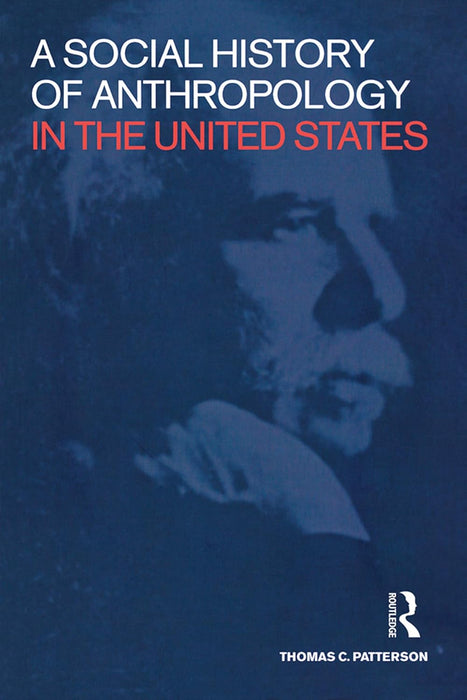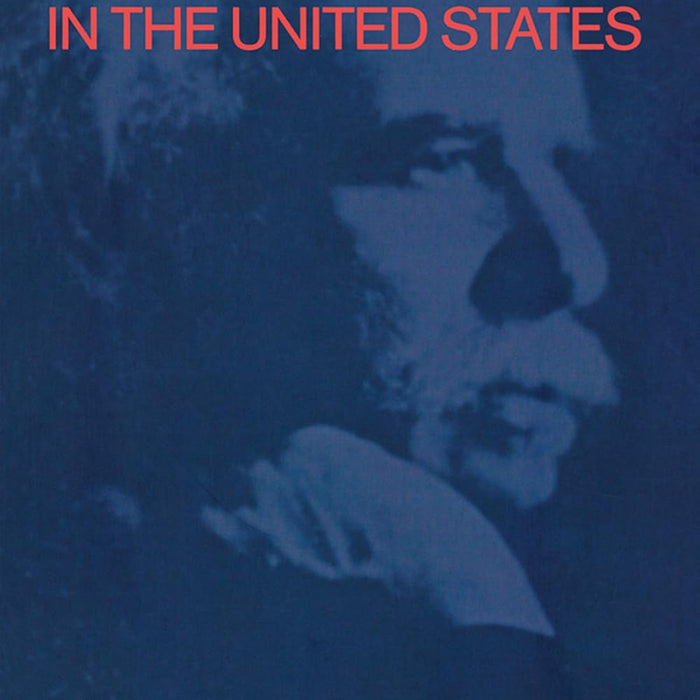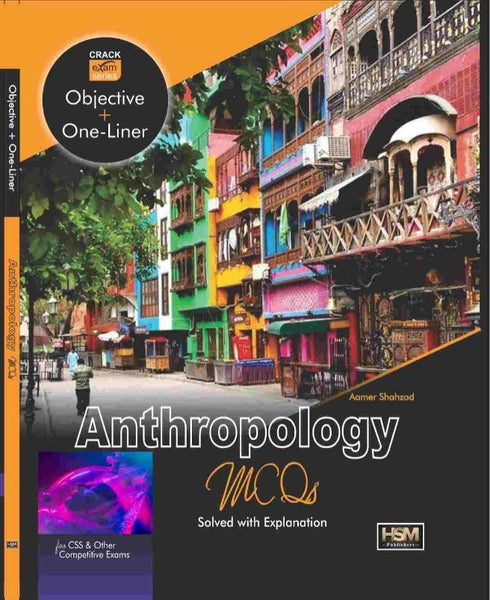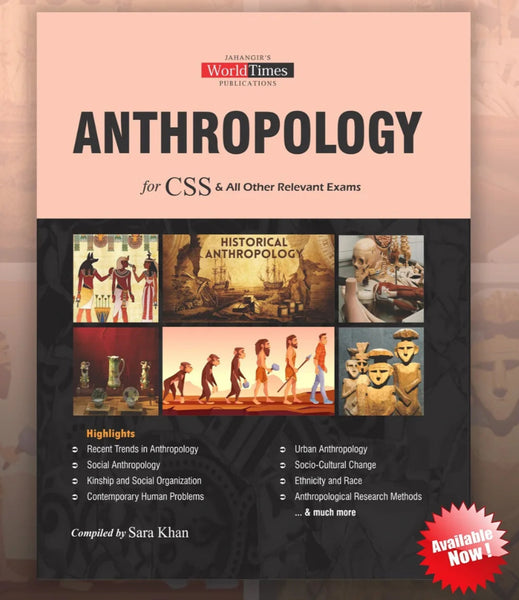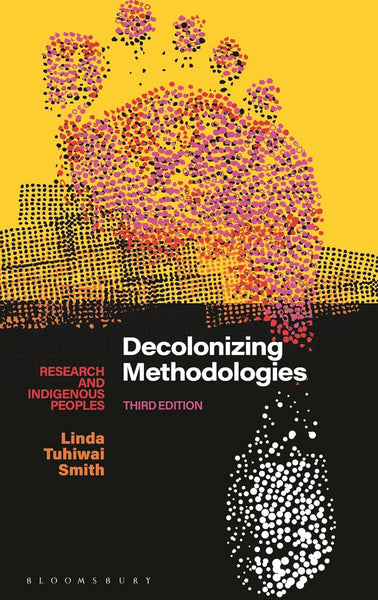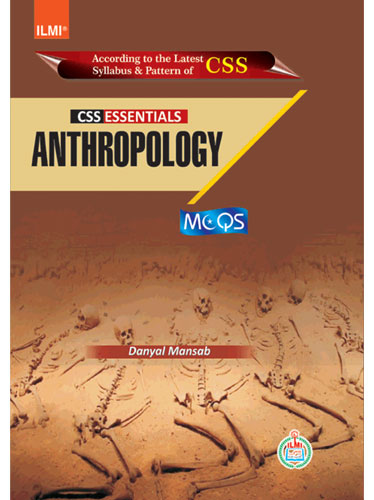A Social History of Anthropology in the United States by Thomas C Patterson (Author)
- Publisher: HISTORY
- Availability: In Stock
- SKU: 23361
- Number of Pages: 256
Rs.610.00
Rs.850.00
Tags: a social history of anthropology , academic history , American academia , American anthropology , American intellectual history , anthropological theory , anthropology and culture , anthropology and politics , anthropology and society , anthropology development , anthropology education , anthropology history , anthropology in academia , anthropology in America , anthropology in the 20th century , anthropology in the United States , anthropology research , anthropology scholars , best books , Best Price , best prices , best shop , BNB , bookshop , bookshop online , bookshopPakistan , buy online books , cultural theory , evolution of anthropology , good books , good booksonline , historical anthropology , history of anthropology , history of social sciences , history of U.S. science , online books store , Online Bookshop , Online Bookshop Pakistan , online shopping , Online Shopping Pakistan , OnlineShoppingPakistan , PakistanBookshop , PakistanOnlineShopping , price cut , price-friendly Comprehensive , ReasonablePrice , reduced price , Shopping , ShopSmartPakistan , social history of science , social science history , Thomas C Patterson , Thomas Patterson books , U.S. academia , U.S. anthropology , U.S. social history
A Social History of Anthropology in the United States by Thomas C. Patterson explores the development of the discipline of anthropology in the U.S. through the lens of social, cultural, and political influences. The book traces how anthropological theory and practice have been shaped by broader societal forces, examining the intersection of anthropology with issues such as race, gender, class, and imperialism. Patterson provides a critical history of American anthropology, emphasizing how the discipline evolved not only as a field of academic inquiry but also as a socially and politically engaged profession. The book delves into the key figures, movements, and controversies that have influenced anthropology’s growth, offering insights into the discipline's complexities and contradictions.
Key Points:
-
Historical Development of Anthropology: The book covers the evolution of anthropology in the United States, highlighting its academic and professional trajectory from its origins to contemporary developments.
-
Impact of Social Forces: It examines how social, cultural, and political movements such as colonialism, civil rights, and feminism have influenced the direction and priorities of American anthropology.
-
The Role of Key Figures: The text details the contributions of prominent anthropologists in shaping the field, including their intellectual and political contexts, and how their ideas have resonated in wider society.
-
Anthropology and Race: Patterson explores the complex relationship between anthropology and race, critiquing how early anthropological studies reinforced racial hierarchies and how the discipline has struggled with issues of racial identity and inequality.
-
Gender and Anthropology: The book delves into the impact of feminist critiques on anthropology, highlighting how gender dynamics have shaped the discipline and the ways in which anthropologists have addressed issues related to women and sexuality.
-
Anthropology's Role in Policy: It investigates the role of anthropologists in shaping public policy, particularly in relation to indigenous peoples, health, and social justice.
-
Intellectual Movements and Paradigms: The book provides a detailed look at the intellectual shifts within anthropology, including the rise of structuralism, postmodernism, and postcolonial thought, and their impact on anthropological practice.
-
Critique of Anthropology’s Colonial Past: Patterson critically engages with the history of anthropology’s involvement in colonialism, showing how the discipline has been both complicit in and resistant to colonial power structures.
-
Cultural and Institutional Politics: The text explores the internal politics of anthropology, including debates over methodology, ethics, and the power structures within the discipline's institutions, like universities and professional associations.
-
Anthropology's Contemporary Challenges: The book concludes by addressing current challenges in the field, including the push for greater inclusivity, decolonization of anthropological research, and the role of anthropology in addressing global social issues.
Conclusion:
A Social History of Anthropology in the United States offers a comprehensive and critical examination of the development of American anthropology, situating it within broader social, cultural, and political contexts. It is an invaluable resource for students and scholars of anthropology, as well as anyone interested in understanding the discipline’s history, its role in shaping societal views, and its ongoing challenges in the modern world. Through its historical perspective, the book encourages a deeper understanding of how anthropology has both reflected and influenced the American social fabric.
════ ⋆★⋆ ═══
Writer ✤ Thomas C. Patterson (Author)

